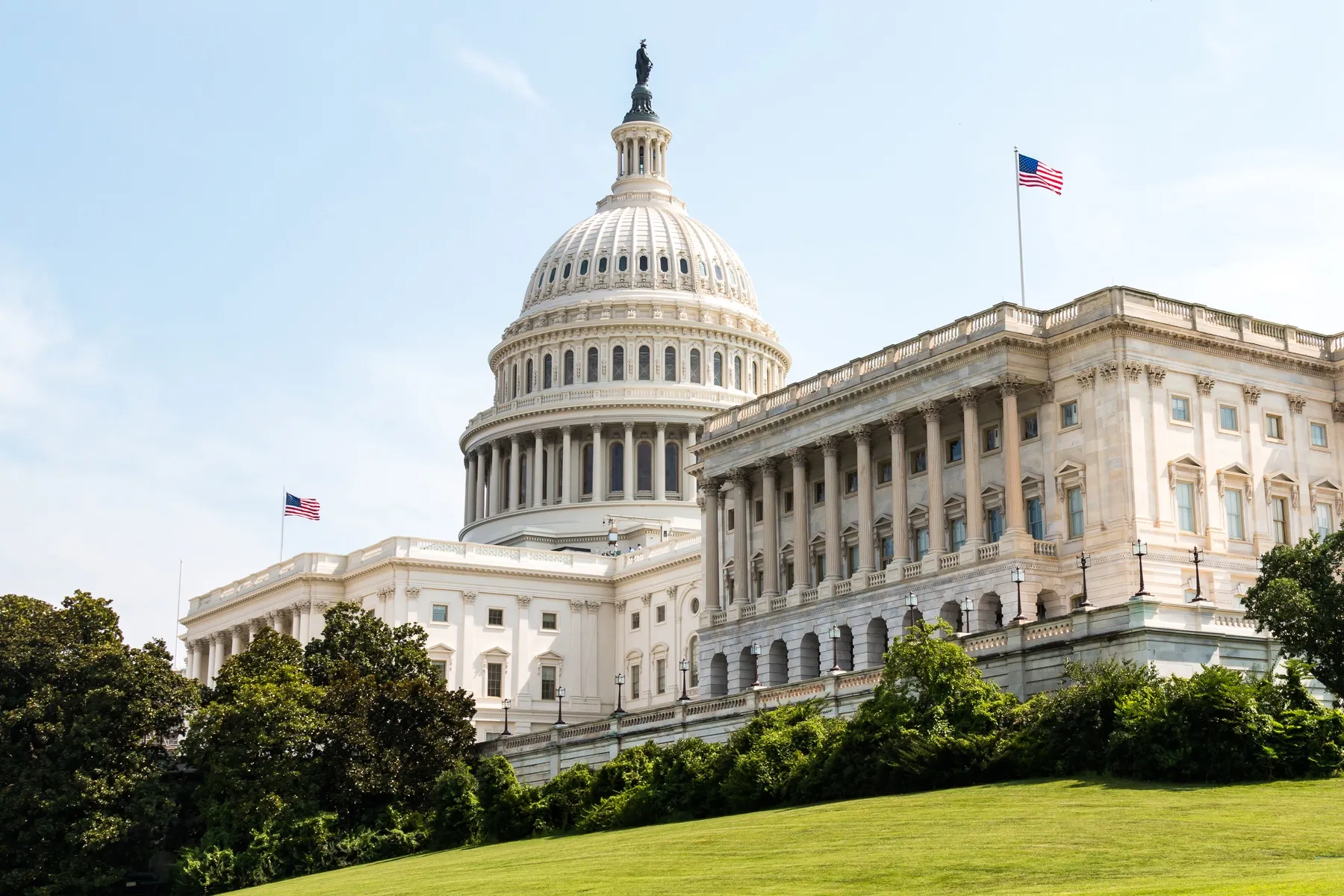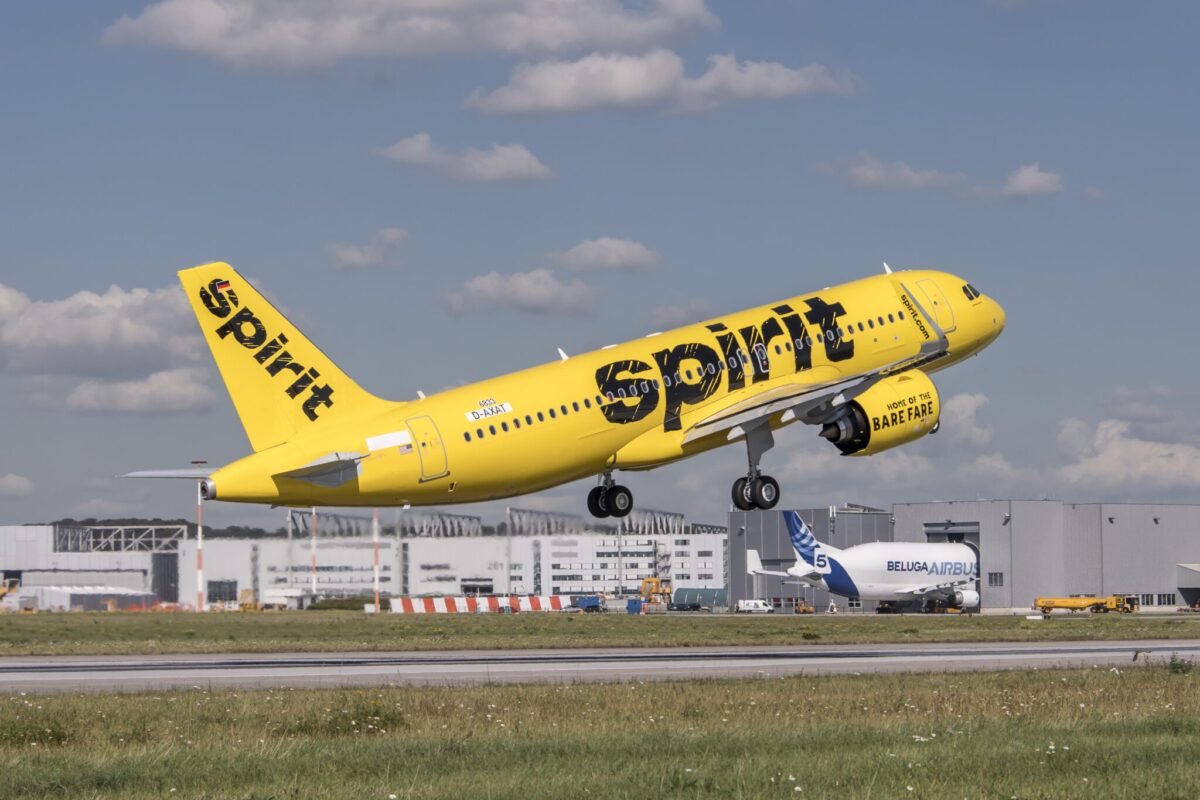How Turkish Air Will Recover After Airport Attacks and Coup Plot
Skift Take
Few airlines have expanded as rapidly in the past decade as Turkish Airlines, including in the United States, where it now serves nine cities and Europe, where it flies to roughly 100.
But in recent weeks, Turkish has had more setbacks than any other airline, first with a major terrorist attack at its Istanbul hub, and then with an attempted coup in Turkey, which lead U.S. officials to ban all of its flights in and out of the U.S. for three days.
Turkish's U.S. flights resumed Tuesday after American officials confirmed security at Istanbul Atatürk Airport met their standards. But given Turkish's recent problems, it's not clear whether or when passengers from the United States and Europe will return en masse to Turkey's national airline. This is important, because one of the airline's strengths is not bringing visitors to Turkey, but carrying international connecting traffic, especially Americans and Europeans traveling to second and third tier cities in Africa and the Middle East.
Turkish receives less attention than rivals Qatar Airways, Etihad Airways, and Emirates Airline, in part because it is less controversial. Turkish, part of the Star Alliance with United Airlines and Air Canada, has not been accused by U.S. carriers of taking illegal subsidies. But in many respects, Turkish, almost half owned by Turkey's government, operates just as Gulf carriers do.
Like Emirates, Etihad and Qatar, Turkish, which says it flies to more countries than any other airline, capitalizes on its centralized geography to offer travelers easy connections to and from Europe, Africa, and the Middle East. Turkish has a vast network, making it a strong option for travelers on routes like Miami to Khartoum, Sudan and Atlanta to Baku, Azerbaijan. Turkish can also efficiently transport Americans and Europeans to larger cities, like Johannesburg, Tel Aviv, and Dubai.
And since it has relatively low costs, Turkish often undercuts rivals on fares. Turkish's aggressive pricing should continue, but if consumers lose confidence, there's a fear they might not be back — no matter the discount.
How quickly Turkish bounces back likely will depend on how quickly the geopolitical situation stabilizes. But analysts who study global airlines say carriers like Turkish often recover within weeks, so long as there are no further terrorist attacks or coup attempts.
"People have short memories," said Robert Mann, a New York-based airline industry analyst. "If you are going to Turkey, you probably have some concerns. But if you are using Istanbul as a transit point, then I think it soon will be back to normal."
A Growing Airline
As recently as a decade ago, Turkish carried about 17 million passengers. It has grown considereably since, flying more than 61 million passengers last year, more than half of whom flew internationally.
Profits are up too, with Turkish earning more than $1 billion last year, though as the airline has grown, operating margins have slipped. Its margin last year was about 6.5 percent, considerably less than 12.1 percent it recorded in 2008.
In recent years, Turkish has made international-to-international connections a key part of its business, with almost a third of its airline's passengers in the first six months of this year never entering Turkey.
Those connections are up 18.5 percent compared to the first six months of 2015, with Turkish making a strategic decision to carry more international connecting passengers, because the nation's tourism industry is attracting fewer visitors.
If the tourism trend continues, the airline is expected to increase its reliance international-to-international passengers. They are the second biggest segment at Turkish, behind domestic travelers, who account for about 43 percent of traffic.
Turkish can attract long-haul connecting passengers because it flies to airports other airlines do not. As of December 2016, it flew to 287 airports in 113 countries, an astonishingly high number of destinations for an airline with about 300 aircraft.
In Africa, it flies to nearly 50 airports, including five in Algeria, four in Libya, and four in Egypt and two in Cameroon. In the Middle East, it serves more than 30 destinations, flying to seven airports in Iran, seven in Saudi Arabia, six in Iraq, and two in Yemen. In Asia, it flies to Tajikistan, Turkmenistan, and Uzbekistan, among many other airports.
"If you are starting in New York or Miami or San Francisco or Atlanta, they are connecting you to these places," said Nawal Taneja, an expert on the airline business and an emeritus faculty member at The Ohio State University. "The connections onto Africa are incredible."
Taneja predicted it will be a "matter of weeks" before Turkish's business is mostly back to normal, assuming no more terrorist attacks or political unrest.
Turkish can also sell connections between the United States and Europe, undercutting competitors on one-stop itineraries to and from places like Warsaw, Berlin, Rome, Athens, and Munich. In changing planes at Istanbul, passengers coming from San Francisco or Chicago must backtrack, but not by so much that it matters to cost-conscious travelers. In comparison, there's no efficient way for U.S. passengers to connect in Doha, Abu Dhabi, or Dubai to get to Europe, so Qatar, Etihad, and Emirates cannot attract this traffic.
"There are some strategic advantages that they have," Taneja said. "Those advantages are not going to disappear. Yes, they are set back a little bit because of the current problems, but once these problems are resolved, I think they will be back online. The country will settle down."
Mann said customers should return, enticed by efficient connections and cheap fares. To attract connecting passengers, he said, all an airline must do is persuade passengers the airport is safe, not the country.
"There are lot of folks who use the services of low fare fares airlines and connect in places where they wouldn't put a foot in the country," Mann said. "You have a lot of airlines that are attached to locations that have difficulties. They do just fine."
Not Yet Back to Normal
To be sure, Turkish is in some trouble. It likely will suffer from recent events, both financially and with load factors. In the United States, on some days, it flies 12 daily departures, including three from New York JFK and two from Los Angeles, and those are a lot of seats to fill.
Brett Snyder, an airline industry analyst, wrote this week on his blog that Turkish might have trouble attracting passengers. The FAA's temporary flight ban was highly unusual, and though it was lifted, it may have lingering effects, he said.
"With increasingly high profile bombings and now a failed coup attempt plaguing Turkey, people are scared," Snyder wrote. "That’s going to be a tough situation for any airline, but for one that’s growing as rapidly as Turkish, this could be dire."
Snyder said he expects to see "serious drops" in Turkish's passenger numbers, and questions whether deep discounting will save the airline in the short term. He added that Turkish's future likely will be decided by the government, which owns 49.12 percent and may need to determine whether to prop up the airline financially or let it try to earn a profit on its own.
"As long as [Turkish President Recep Tayyip] Erdogan sees fit to continue to push Turkish as a fast-growing airline, he can do it," Snyder said. "And he can fund it. If Turkish needs to be a profitable business, however, that’s going to be a real challenge."
Taneja said Turkish might need to cull its schedule, especially to the United States. While Turkish may not want to cut routes, it might decide it does not need three daily flights from New York JFK, or it might serve some cities five days a week, rather than daily.
"What the airline needs to do is start planning a little bit differently," Taneja said, "because there will be some short-term implications."
It also remains to be seen how much of a public relations hit Turkish took from its post-coup actions. Many Istanbul passenger took to social media, complaining they could not find a Turkish employee to rebook them. Some posted photographs of hundreds of people waiting to speak to an airline official.
Still, Mann predicted few will be talking about this issue in a couple of months.
"I think it's a six-week horizon," he said. "For a lot of Americans, if it doesn't happen next door, it's not part of their thought process."




